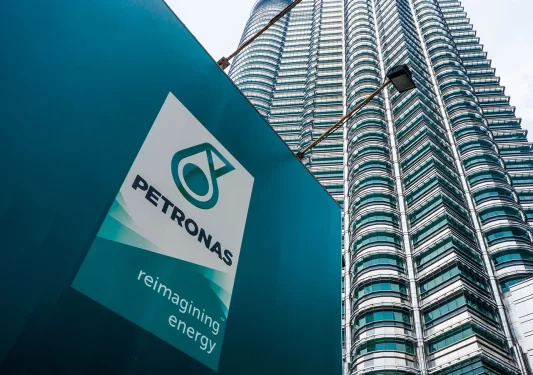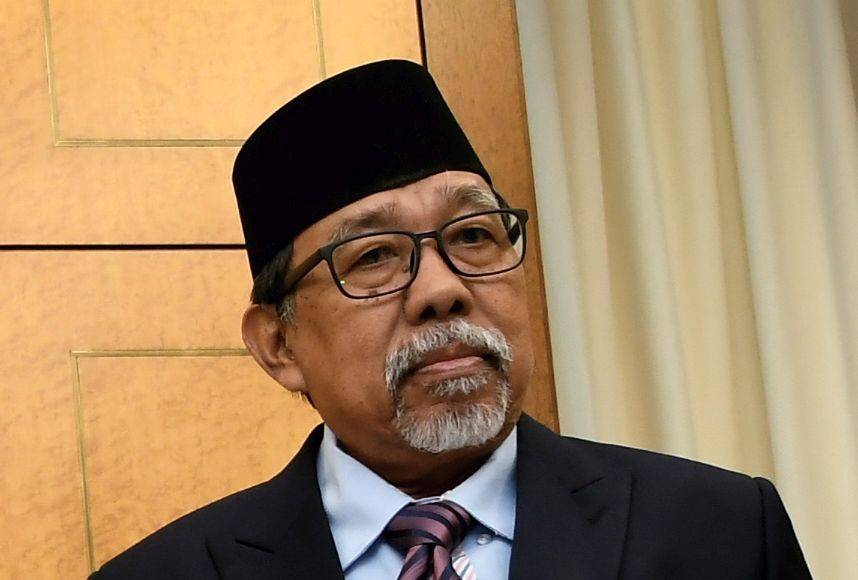KUALA LUMPUR: The recent plunge in global oil price, driven by an acute demand dislocation and the lack of an OPEC+ agreement on production cuts, would likely bring about the recalibration of Malaysia’s 2020 Budget, says an economist.
OCBC Bank economist (Global Treasury Research & Strategy) Wellian Wiranto said there is a high likelihood for this to happen given how quickly global and domestic conditions have shifted.
“Oil price, for instance, has slumped considerably in the past week. Given its role as a key contributor of government revenue, that would have a significant impact on total receipts.
“With growth momentum slowing down considerably, the need to find ways to stimulate the economy has also increased,” he added.
He said the lack of fiscal space would mean that the government probably has to re-prioritise spending, and perhaps put some big projects on the backburner for now if it remained keen on keeping the fiscal deficit relatively contained.
The 2020 Budget that was announced by the previous Pakatan Harapan government assumed a RM50.5 bil revenue from oil and gas, which made up a hefty 20.7% of the total revenue.
He said while the US$62 per barrel average oil price assumption back at the time was realistic, it is decidedly a lot less now, with Brent threatening to break below US$30 at one point after Saudi Arabia’s shocking move to increase production for market share over the weekend.
“Going by our calculations, for every dollar move in Brent prices per barrel, petroleum revenue from the more elastic petroleum royalty and income tax (that is, excluding dividends) would change by US$140 mil or around RM590 mil by the current exchange rate,” he said.
In a dire scenario where oil price stays this low throughout the year and pulling the 2020 average down to US$32 per barrel – which is a full US$30 lower than the budget assumption – would translate to a US$4.2 bil drop in oil revenue.
Meanwhile, Maybank IB Research said its sensitivity analysis showed a US$10 per barrel drop in crude oil annual average price would reduce the government’s oil-related annual revenue by RM7 bil, raise budget deficit to gross domestic product (GDP) ratio by 0.45 percentage point and cut current account surplus by 0.15 percentage point.
To recap, the research house said the 2016 Budget (when Brent crude slumped to US$26 per barrel on Jan 20, 2016) was recalibrated via RM8 bil-RM9.5 bil spending cuts to keep the budget deficit to GDP ratio target at 3.1% as revenues were estimated to fall by RM7.8 bil-RM9.4 bil.
The budget recalibration in 2016 was done on the back of downward revisions in 2016 real GDP growth forecast to 4.0%-4.5% from 4.0%-5.0% previously, as well as, the decline in average crude oil price assumption to US$30-35 per barrel from US$48 per barrel.
“Actual economic growth, average crude oil price and budget deficit to GDP ratio that year were 4.4%, US$44 per barrel and 3.1% respectively,” it added. – March 11, 2020, Bernama









